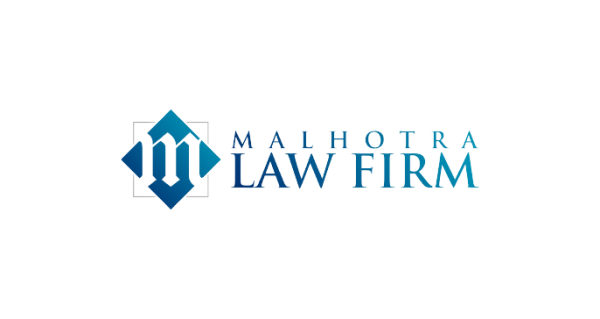
Probate is a court supervised process whereby assets from a decedent, or someone who has passed away, is transferred to the rightful heirs, either by a will, or according to Florida statute.
Video Link: https://www.youtube.com/embed/o5e3dAXVH0Q
Probate is required when an asset is in the name of someone who has passed away (known as a decedent), and there is no other owner or pay-on-death beneficiary. In essence, the asset is “stuck“ in the name of the decedent. Typical probate assets involve real estate, bank accounts, investment accounts, and life insurance policies with no beneficiary or co-owner. On the other hand, assets that have joint owners or pay-on-death beneficiaries listed are not considered probate assets and pass directly to the beneficiary or joint owner outside of probate.
Video Link: https://www.youtube.com/embed/DoDCyqtF39M Probate is governed under Florida Statutes Chapter 731-735, and the Florida Probate Code. It is usually initiated either by an executor named in the will or by an interested party, and is filed either in the county where the decedent resided, or if the decedent resided out of state, in the county in which any property is located. There are predominantly two types of probate; summary administration and formal administration.
Video Link: https://www.youtube.com/embed/OYmDsHaHNF8 Summary administration is governed under Florida Statute Chapter 735. Summary administrations are less costly and quicker than formal administrations, but can only be used in certain circumstances. If the passing occurred less than 2 years ago, the value of the estate must be less than $75,000. The value of any homestead residence is considered exempt and does not count towards this figure, as well as up to 2 personal vehicles and $20,000 worth of household furniture, furnishings and appliances (ref. Florida Statute 732.402 – Exempt Property). In addition to the $75,000 limit, in order to successfully accomplish a summary administration all account information must be known for any financial accounts. Therefore, if either the bank or investment account number or balance of any financial account is missing, a summary administration probate will not be possible.
Video Link: https://www.youtube.com/embed/BkvxyysVofk If there is unknown asset information, or if the value exceeds $75,000 (and the passing was less than 2 years ago), then a formal administration is required. In this process a personal representative, or executor, is appointed to the estate through letters of administration upon petitioning the court. Once a personal representative has been appointed, he or she is able to then contact any financial institution and obtain all account numbers and balances. Once all creditors have been addressed, the personal representative can then distribute the assets to the heirs upon approval from the probate judge.
Video Link: https://www.youtube.com/embed/2dOekJmrfEQ Probate is a different world, with it’s own language. For any probate proceeding in Florida it is highly recommended to engage the services of a knowledgeable and experienced Florida Attorney who specializes in probate law.
Media Contact
Company Name: Malhotra Law Firm, PA
Contact Person: Cyrus Malhotra, Esq.
Email: Send Email
Phone: 877-937-7622
Country: United States
Website: https://877weprobate.com/
